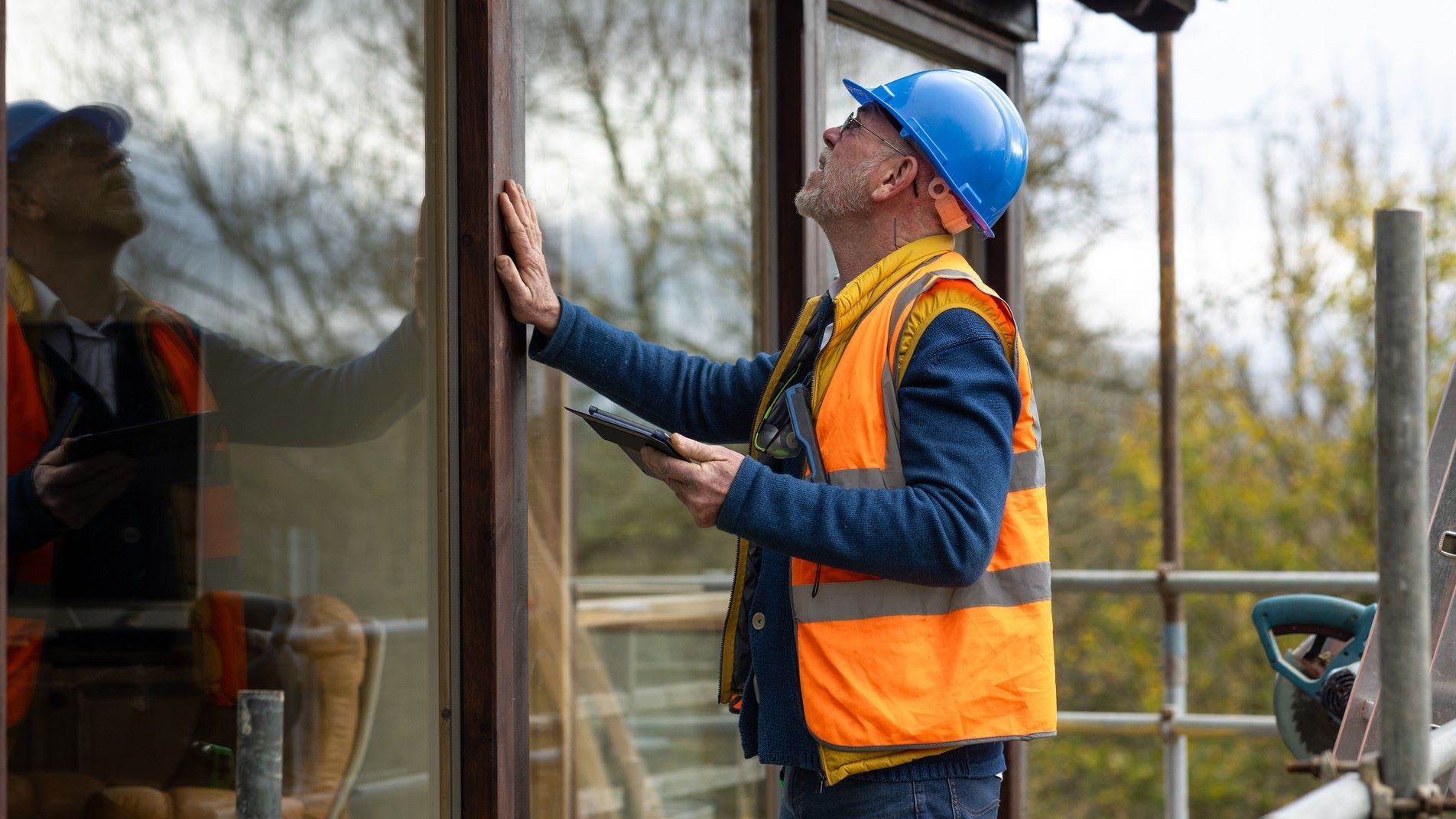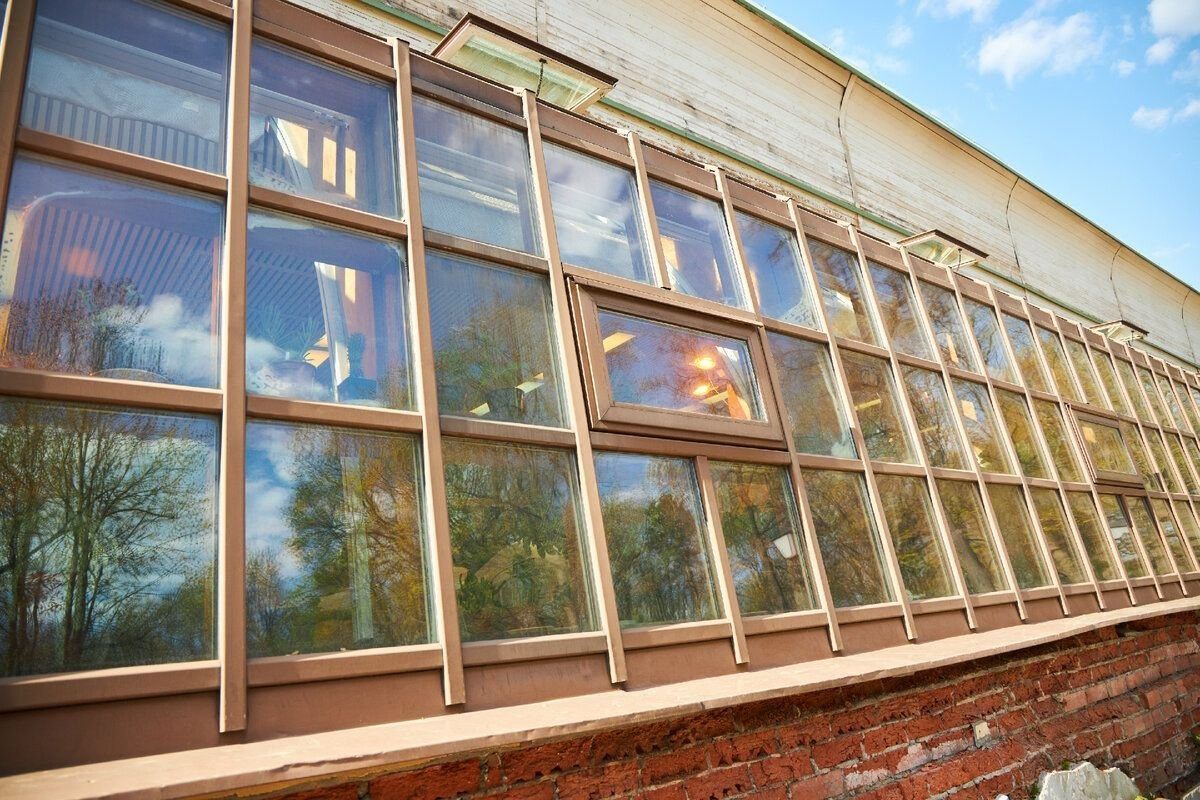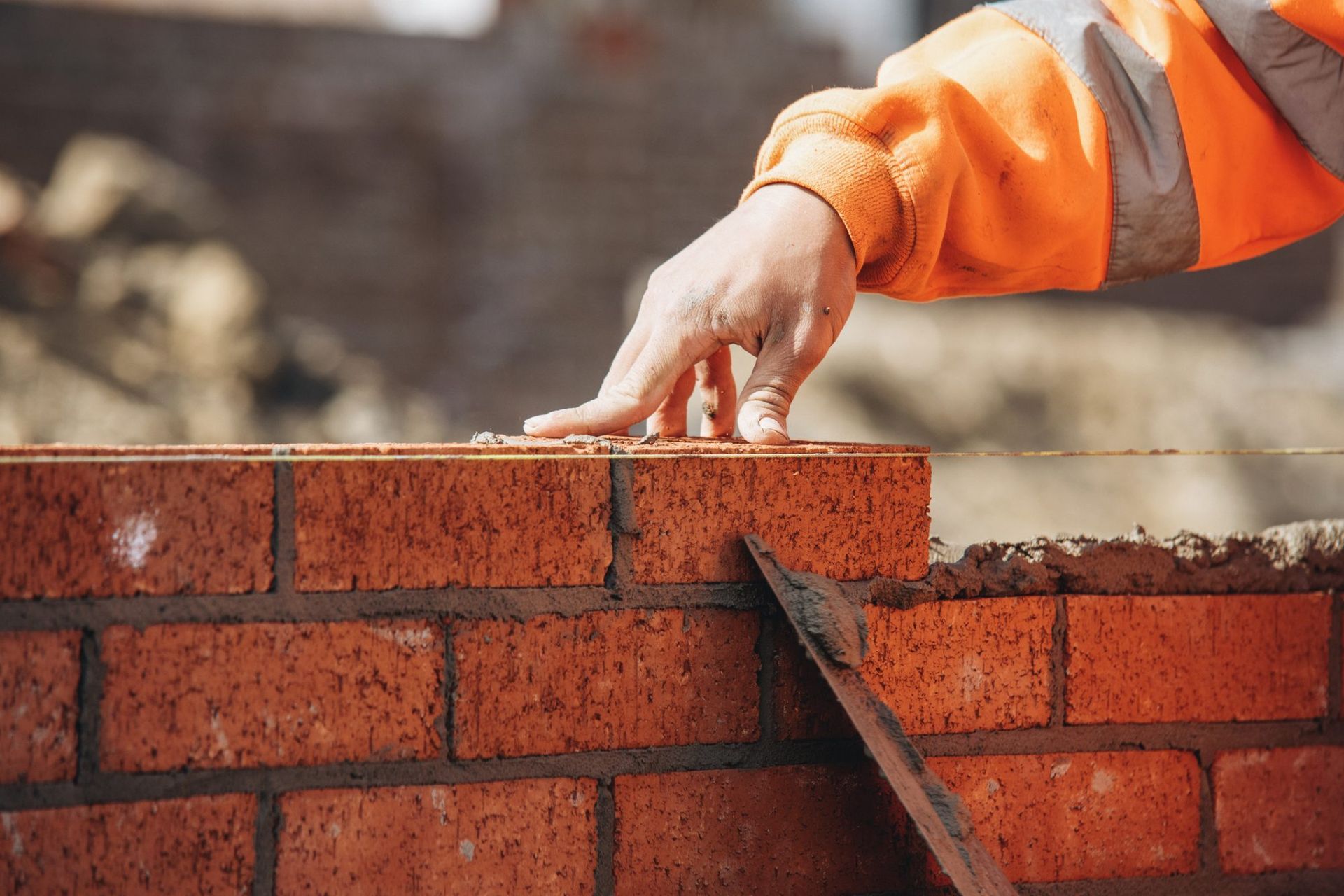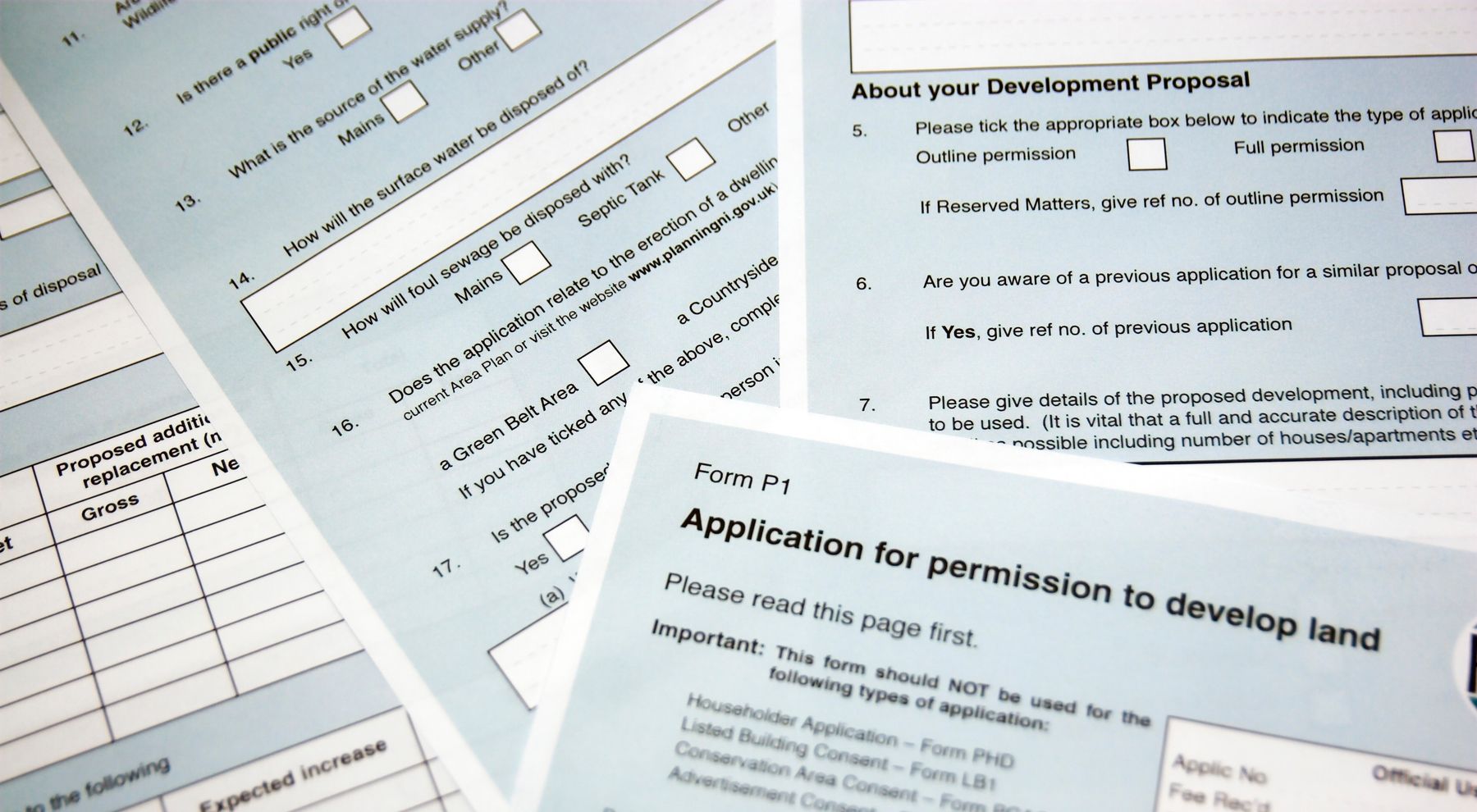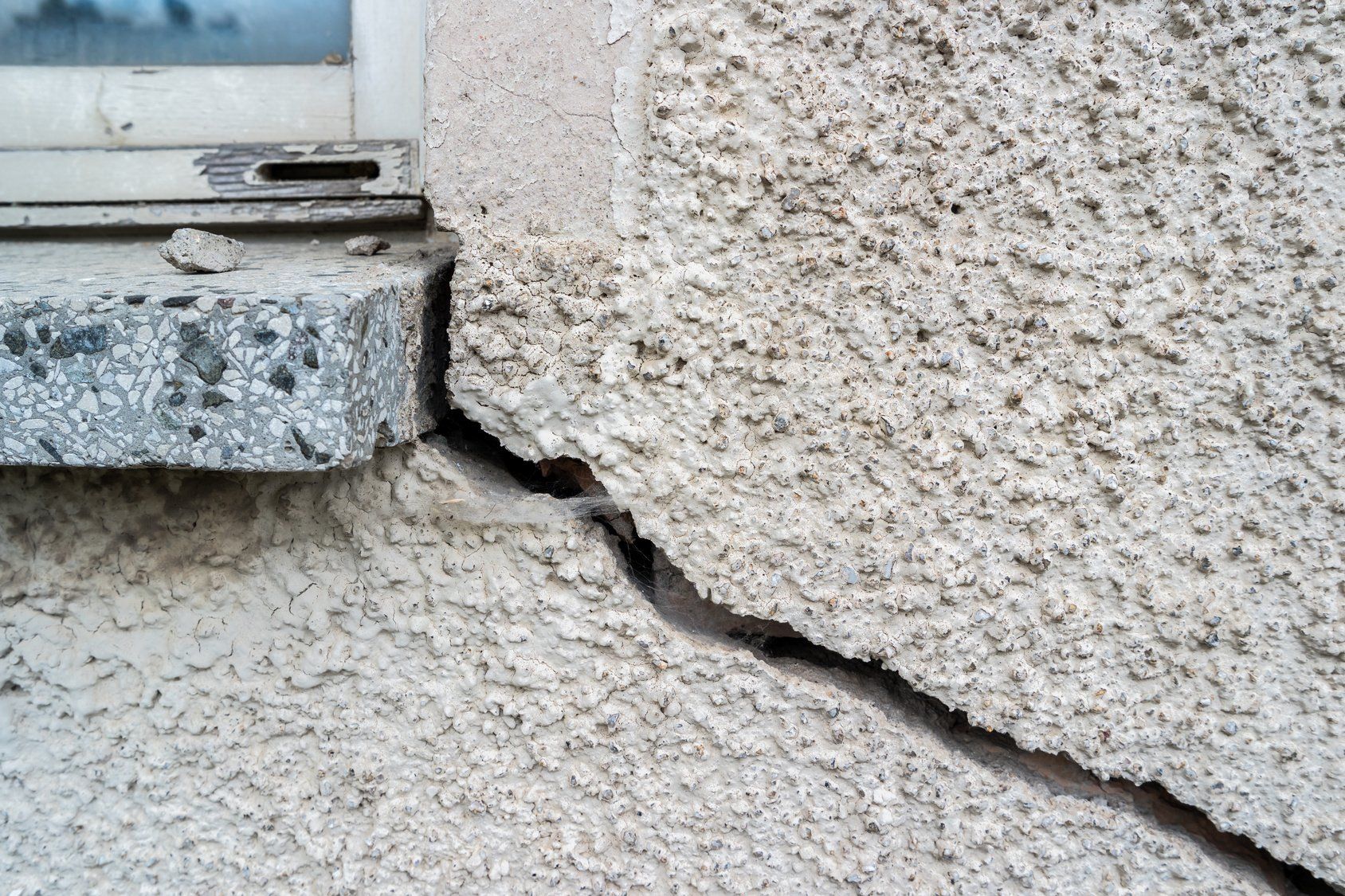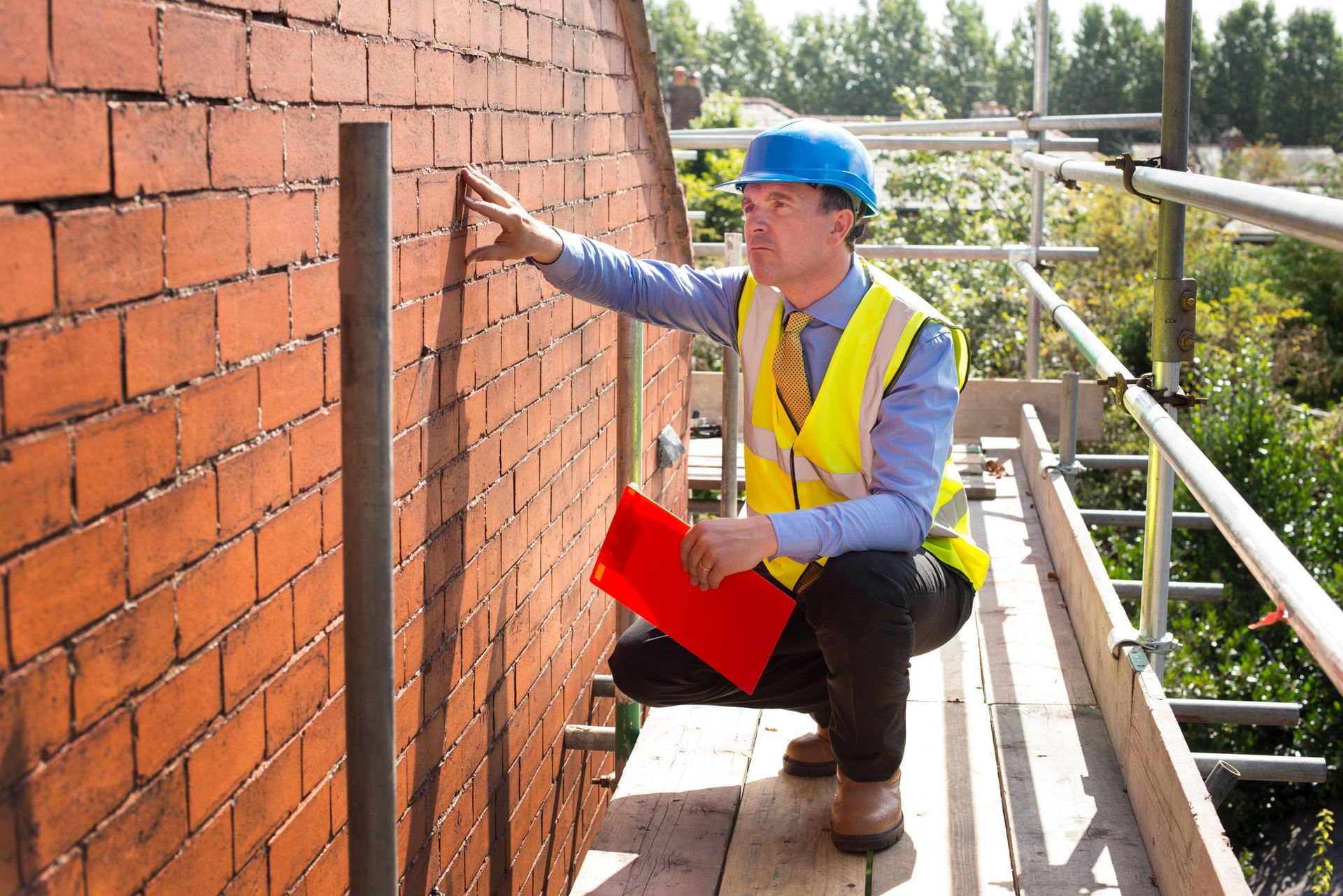Listed Buildings Explained: Grades, Surveys and More
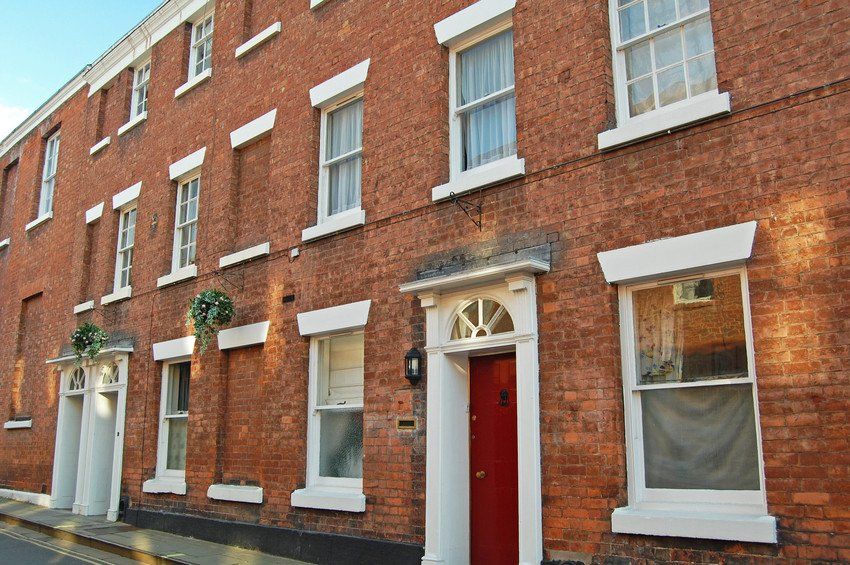
As expert chartered building surveyors, we’re accustomed to visiting all different types of buildings, from magnificent listed buildings to contemporary blocks of flats.
When you think of listed buildings, quite often stately homes, castles or National Trust properties come to mind. This isn’t far wrong, but did you know that residential homes, bridges, theatres, power stations and more can be listed?
So, what requirements does a property need to have to become a listed building? A listed building must have something special about it. Whether architecturally beautiful or historically significant (or both), a building must be important or rare in some way and the fewer examples of its kind, the more likely it’ll be listed.
Buildings built before 1700 and have survived are probably already listed or are very likely to be. Similarly, most built between 1700 and 1850 likely are too. Careful consideration comes with buildings built after 1945. However, buildings less than 30 years old are not normally considered.
If you own an old building and are considering nominating it as listed or are considering purchasing a listed property, read on to find out more.
● Grade I: These buildings are extraordinary and are the rarest - only 2.5% of listed buildings are Grade I.
● Grade II*: Only 5.7% of all listed buildings are Grade II* and are considered important and more than special.
● Grade II: Most listed buildings are rated as Grade II (91.7%) and it is the most likely listing for a homeowner.
If you own a building that you think could be listed or know of one near you that isn’t, anyone can nominate it by contacting the National Heritage List for England (NHLE). Alternatively, the NHLE has its own strategy in place, prioritising which could be listed. The NHLE then makes a recommendation to the Secretary of State for Digital, Culture, Media and Sport (DCMS) and they make the final decision.
What does listing a building mean for you?
Consider listing a building the opposite of planning permission (sort of). Planning permission means you have been granted the right to severely change your property or add to it in any way you want. Listing a building, on the other hand, means that consent must be applied for before making any changes which could affect the building’s ‘special interest’.
Do you need a building surveyor for listed buildings?
If you are purchasing a listed building or considering nominating your home to be listed, you’ll need to enlist the services of a chartered building surveyor to perform the appropriate building survey.
At Simon Levy , we are able to perform a comprehensive property survey to suit your needs. Contact us today.

